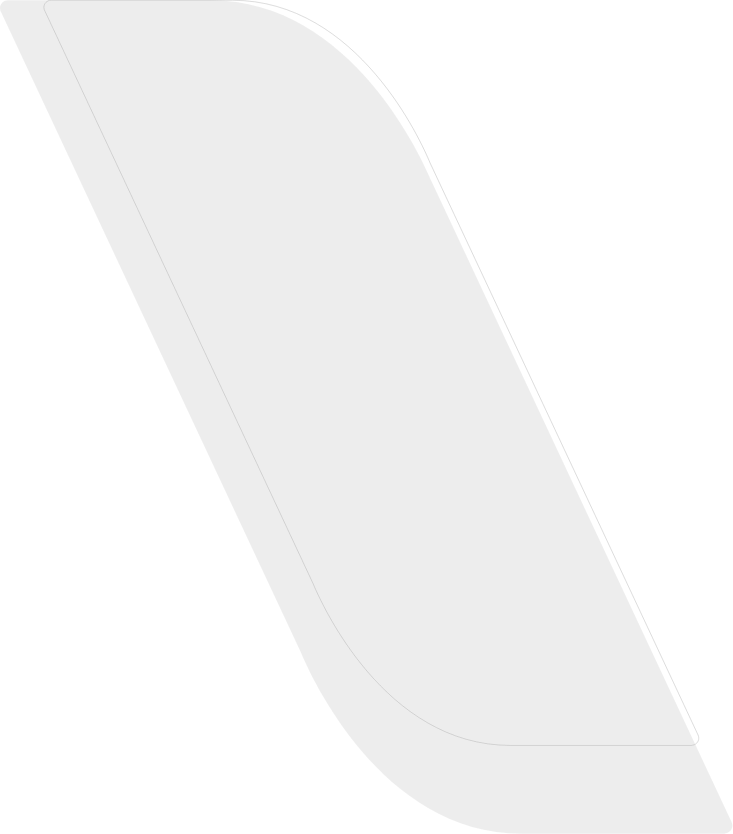Whole Person Impairment: Greater Than 10%?
Being involved in a motor vehicle accident can be a traumatic experience, often resulting in physical and psychological injuries.
If you've been involved in a motor vehicle accident in New South Wales (NSW) and sustained significant injuries, you may have come across the term "Whole Person Impairment" or WPI. Understanding what WPI means and how it impacts your CTP claim is crucial to ensure you receive fair compensation for your injuries and losses.
WHAT IS WHOLE PERSON IMPAIRMENT (WPI)?
Whole Person Impairment (WPI) refers to the assessment of the overall impact of an injury on an individual's body as a whole.
Contained within the Act of Parliament that governs motor accident compensation; whole person impairment is a way of determining the extent of compensation that an injured person is entitled to receive from the CTP insurer, and also limiting who can and cannot recover damages for non-economic loss.
Injured accident victims are not entitled to be automatically compensated for pain, suffering and all the ways in which your life has been or will be affected by the injuries your sustained in the accident.
If the CTP insurer declines to accept that you are entitled to be compensated, you have 28 days to seek an internal review of that decision. If the CTP insurer does not vary its decision, it will be necessary for an application to be lodged with the Personal Injury Commission for the independent assessment of your whole person impairment.
ASSESSING IMPAIRMENT
You have to be found to have a whole person impairment that is greater than 10%.
Whole person impairment assessments cannot be undertaken by your general practitioner, physiotherapist, psychologist or other treatment provider. The degree of permanent impairment must be assessed by an independent medical specialist with qualifications that enable them to assess permanent impairment.
These specialists evaluate the extent of a person's injuries and assign a percentage score that represents the level of impairment they have sustained in accordance with the AMA4 Guides.
HOW IS WHOLE PERSON IMPAIRMENT CALCULATED?
The government considers people with a greater than 10% whole person impairment to have more serious injuries and allows them to recover damages for non-economic loss. Those with 10% or under do not.
The assessment will also take into consideration whether your condition has reached maximum medical improvement and whether any deduction needs to be made on account of previous injury to the same part of your body (a pre-existing medical condition).
The NSW Government has adopted Guidelines which have the force of law and which doctors must apply and some of the rules in the Act and the Guidelines are as follows:
GUIDELINES
- Whole person impairment is based on the medical impairment to a body part rather than how it affects the individual impairment.
- The Guidelines do not permit an impairment assessment for ‘pain’ and they do not generally take into account the impact of most injuries on your activities of daily living.
- You
cannot combine your whole person impairment assessment from physical injuries with your whole person impairment assessment of your psychiatric injuries to get over the 10% threshold. So if you have 5% whole person impairment in relation to your physical injuries and 6% whole person impairment in relation to your psychiatric condition, you cannot add 5 + 6 to get to 11%. To qualify for non-economic loss you have to have 11% or more for your physical impairment or 11% or more for your psychiatric impairments.

For help with understanding Whole Person Impairment and getting the compensation you deserve, reach out to the team at CTP Claim Guide to help with your CTP or lump sum claim.
NAVIGATING THE WPI ASSESSMENT PROCESS
The WPI assessment process can be complex and may require multiple examinations and consultations with medical experts. It's essential to seek legal representation from an experienced personal injury lawyer to ensure your rights are protected and your injuries are accurately assessed.
ABOUT THE PERSONAL INJURY COMMISSION
The Personal Injury Commission is a government body responsible for resolving disputes related to personal injury claims in New South Wales. The aim of the Personal Injury Commission is to provide a fair, timely, and cost-effective dispute resolution process for all parties.


GETTING ASSIGNED A MEDICAL ASSESSOR
In the Personal Injury Commission, medical assessments are typically conducted by an independent medical examiner, who is a specialist in the relevant field of medicine. The independent medical examiner is chosen by the Personal Injury Commission. It is luck of the draw!
It's important to note that the medical assessment process is an objective evaluation largely based on the medical evidence presented and the examination of the injured person. Therefore, it's important that you provide all relevant medical records and information to the Personal Injury Commission to ensure an accurate assessment of your whole person impairment.
GETTING YOUR MEDICAL REPORT
During the medical assessment, the independent medical examiner will assess your injuries, take a medical history from you, conduct a physical examination if the assessment relates to physical injuries you sustained in the accident and review any relevant medical records including imaging. The independent medical examiner will also assess your ability to perform various activities such as walking, lifting, and sitting which may require to move your body parts in a certain way to allow the doctor to take measurements.
Based on their assessment, the independent medical examiner will provide a medical report that includes their assessment of whole person impairment.


GETTING LEGAL SUPPORT
Understanding the assessment process and how your assessment of whole person impairment impacts your claim is essential to ensure you understand your entitlements.
If you've been involved in a motor vehicle accident and are considering a CTP claim, don't hesitate to consult with a reputable personal injury lawyer. They can provide expert guidance, handle the complexities of the claims process, and ensure your rights are protected throughout your journey to fair and just compensation for your injuries and losses.
FREQUENTLY ASKED QUESTIONS
CONTACT US
Submit the form below and we will have one of our expert CTP lawyers reach out to learn more about you and your circumstances and see if you are eligible. Start the CTP claim process now to get the compensation you deserve.






